

Indoor plants bring life to all types of space, and there are some truly exciting benefits of houseplants to enjoy also. At Real Homes we are, naturally, always on the lookout for ways that we can make our living space and surroundings even more beautiful, comfortable and wholesome. And, house plants play an important part in creating good vibes in our homes.
From purifying the air around you, to promoting better sleep, increasing productivity, reducing anxiety and much more – whether you live in a big city, or in the suburbs, caring for house plants could be the answer to a more zen you.
- You can find the best indoor plants – big, small, fragrant and more – in our guide.
We also spoke with a team of specialists from Delamere Health Manchester about how house plants help to create a calming and toxin-free environment. Keep scrolling to see how plants can boost both your physical and mental wellbeing.
1. Mood boosting
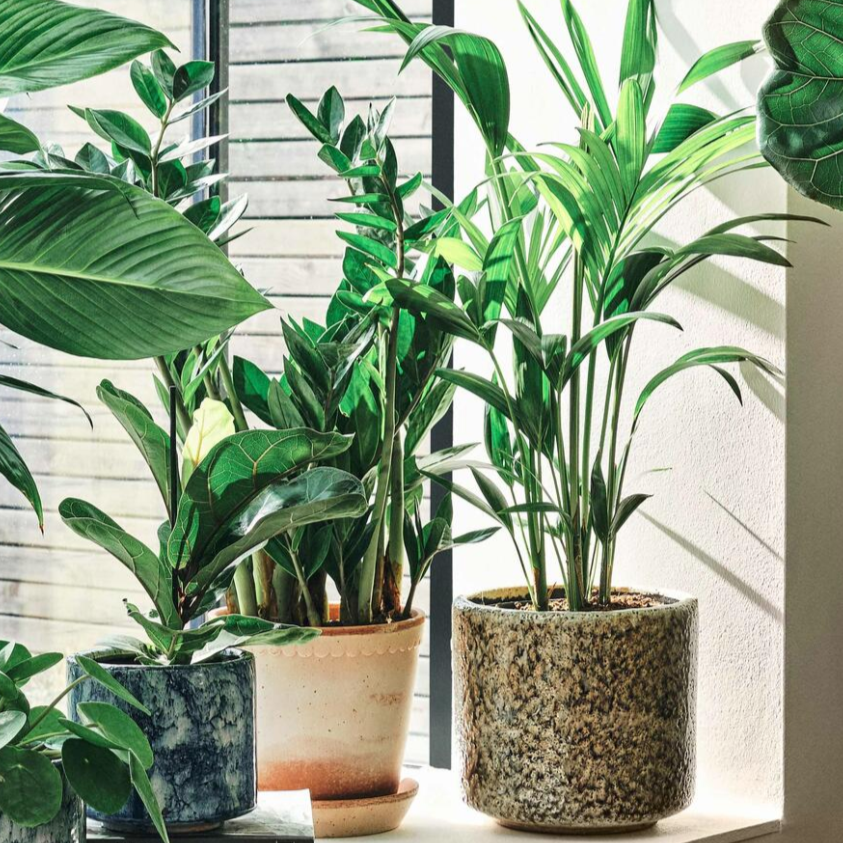
The color green is proven to promote healing and wellness, so simply having more greenery around you to look at is a natural mood booster and sure to soothe an anxious mind.
'Bringing a touch of nature into your home is good for the mind and the body. Plants provide an opportunity to switch off from your day-to-day tasks so you can enjoy nurturing and bringing life to your green oasis. A recent study found that people who spend time around nature for at least two hours a week have the highest levels of health and wellbeing.'
2. Skin replenishment and healing
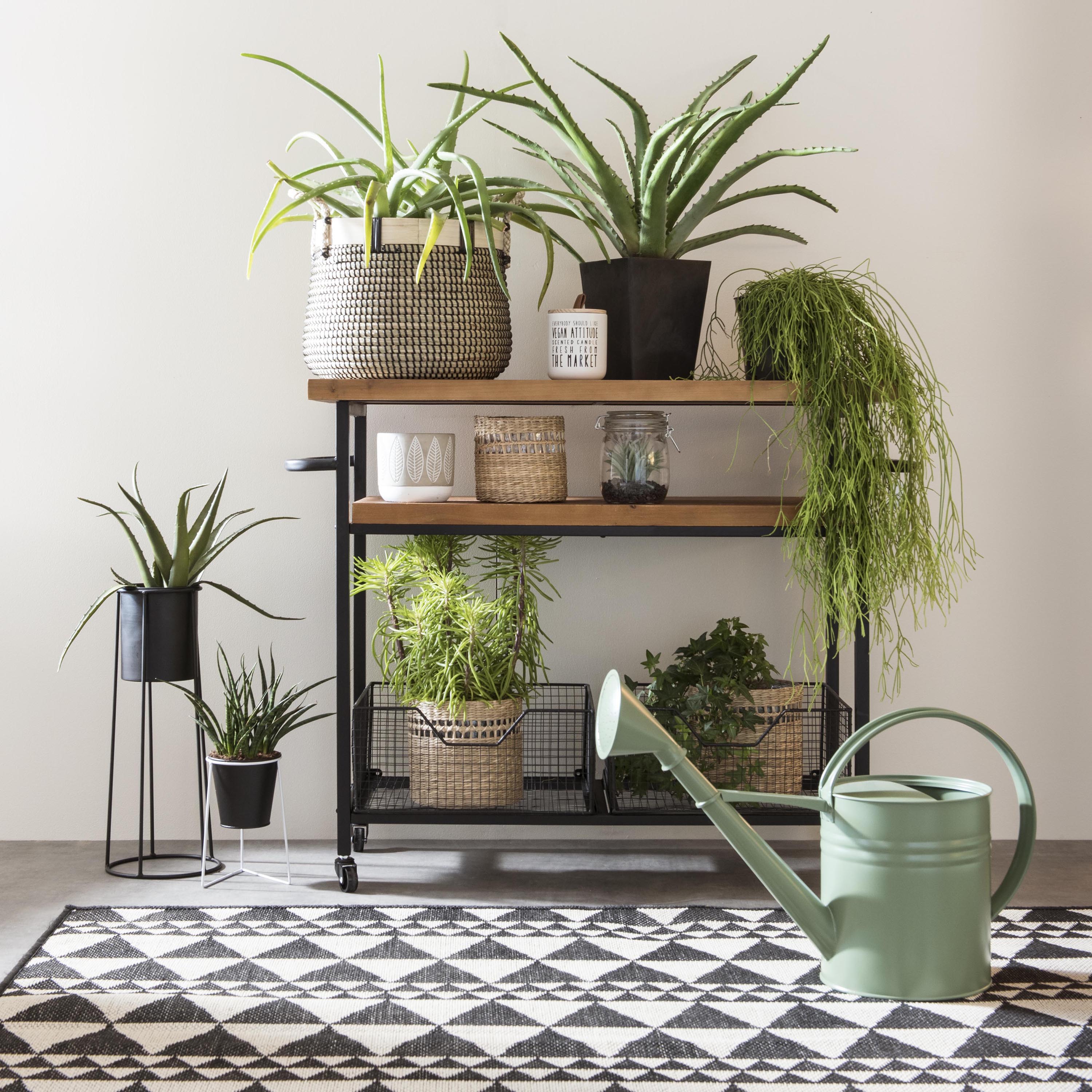
Some indoor plants, particularly bedroom plants can actually help prevent dry itching skin as they release moisture into the atmosphere which helps replenish moisture levels lost with harsh heating or even air con. Not to mention, Aloe vera gel helps calm burnt or itchy skin.
Note: Make sure you do your research on each plant ahead of using its flesh as plants like Rubber plants can be toxic to humans (and pets) when cut open.
- See all our pet-friendly plants.
3. Naturally air-purifying

The air quality around you largely depends on where you live, but, if you still need to use public transport, drive a car or walk around city streets – with or without a face mask – it's worth making efforts to purify the air in your home. This will help ease your exposure to harmful chemicals which can have a detrimental effect to overall health and wellbeing.
Air purifying house plants work by turning carbon dioxide present in the air around you, into oxygen, while they can also naturally sweep up dust particles and increase humidity levels. The combination of these is a good one, especially for allergy sufferers as symptoms such as itching eyes, fatigue and coughing will be relieved.
'Plants are natural air purifiers and their properties help remove the toxins within your home, meaning your houseplants not only look beautiful but they are working hard to clean the air you breathe in. Houseplants remove the carbon dioxide from the atmosphere and increase the level of oxygen which improved the overall quality of air.
NASA’s Clean Air Study revealed that chemicals found within the atmosphere can lead to negative health effects depending on your level of exposure over time. Common indoor plants such as the snake plant, aloe vera and spider plants help to reduce airborne dust levels and increase the humidity throughout the home. Cleaner air can help individuals struggling to sleep and can help the environment feel more zen and relaxed.'
4. Increased productivity levels
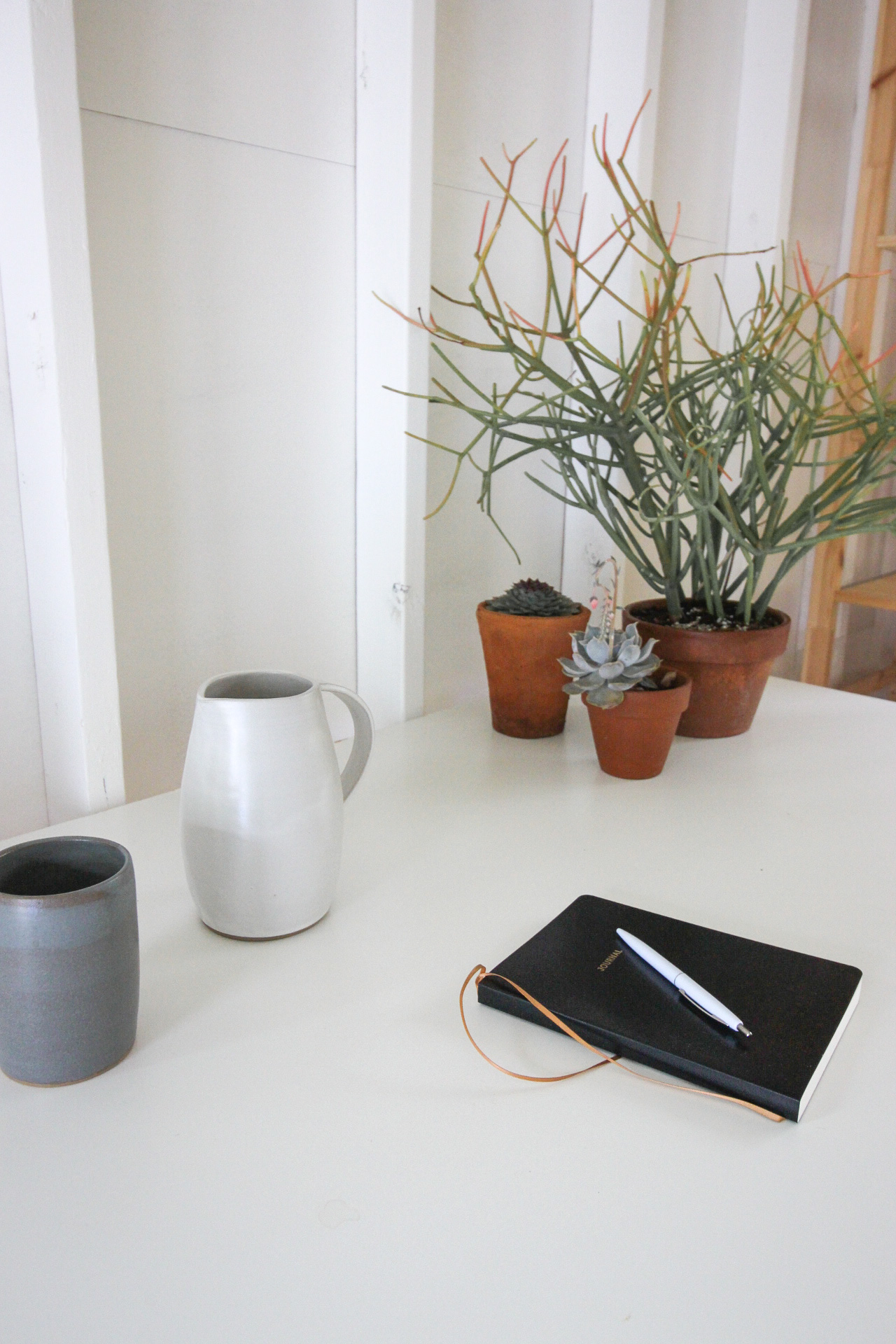
Procrastinate much? Working from home is no easy feat, but add a little greenery and you may find yourself knuckling down with a little more focus.
'The stimulating plant colours, calming aromas and oxygenating abilities increase concentration and productivity levels. Research from Exeter University found that indoor plants increase productivity levels by 47%. The calming influence of the natural surroundings creates a positive working environment, which increases a person’s ability to concentrate.' According to Delamere Health Manchester.
The CO2 levels we are exposed to indoors, make it harder to concentrate. And, so the fact that indoor plants are air purifying, means that they can balance out the levels of CO2 in our bodies, helping us find more clarity and concentration.
5. Reducing background noise
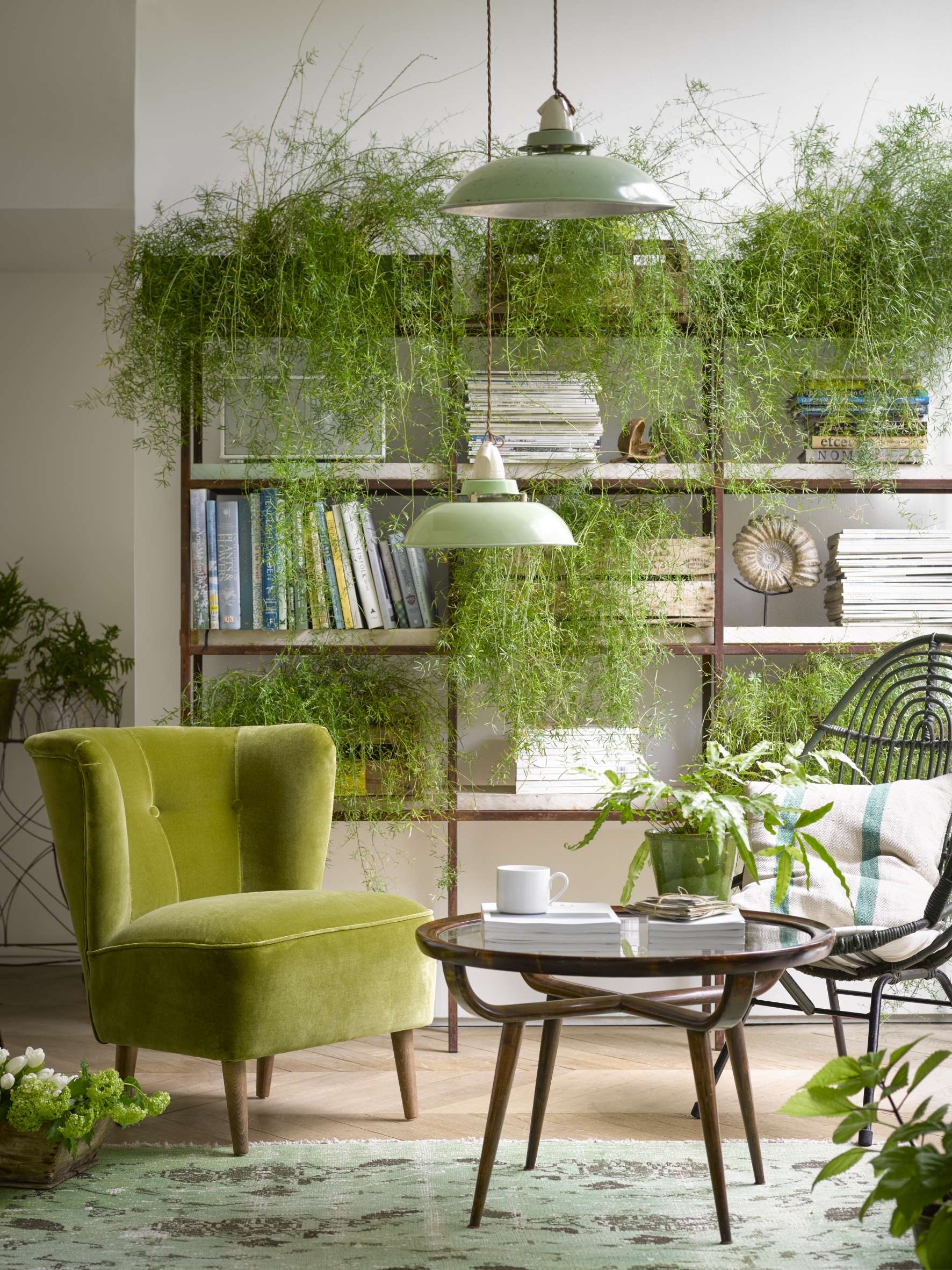
This is a winner for anyone working from home as there's nothing more intrusive, when you're trying to concentrate, than the sound of roadworks, noisy passersby, and the likes filtering into your home office space. Thankfully, noise reduction is one of the great benefits of houseplants and so a Monstera deliciosa or another of your favorite house plants could offer a sound solution – like what we did there?
Large indoor plants have a bigger surface area, which allows them to effectively absorb sound. Create an indoor garden around your room's perimeter so that the sound can bounce from the walls into the leaves (what an image), and you should find that your space is far more tranquil.
6. Better sleep

Could this statement be any dreamier? House plants are snazzy bedroom additions in their own right, but the benefits of houseplants on your sleep is something we love.
It is again all in their air purifying qualities. By ridding the air of nasties and filling up your surroundings with fresh oxygen, you'll breathe better. And as mentioned, the color green is naturally soothing too – helping to relieve stress and anxiety – it's the perfect combination to help lull you into the perfect slumber.
7. Fending off headaches
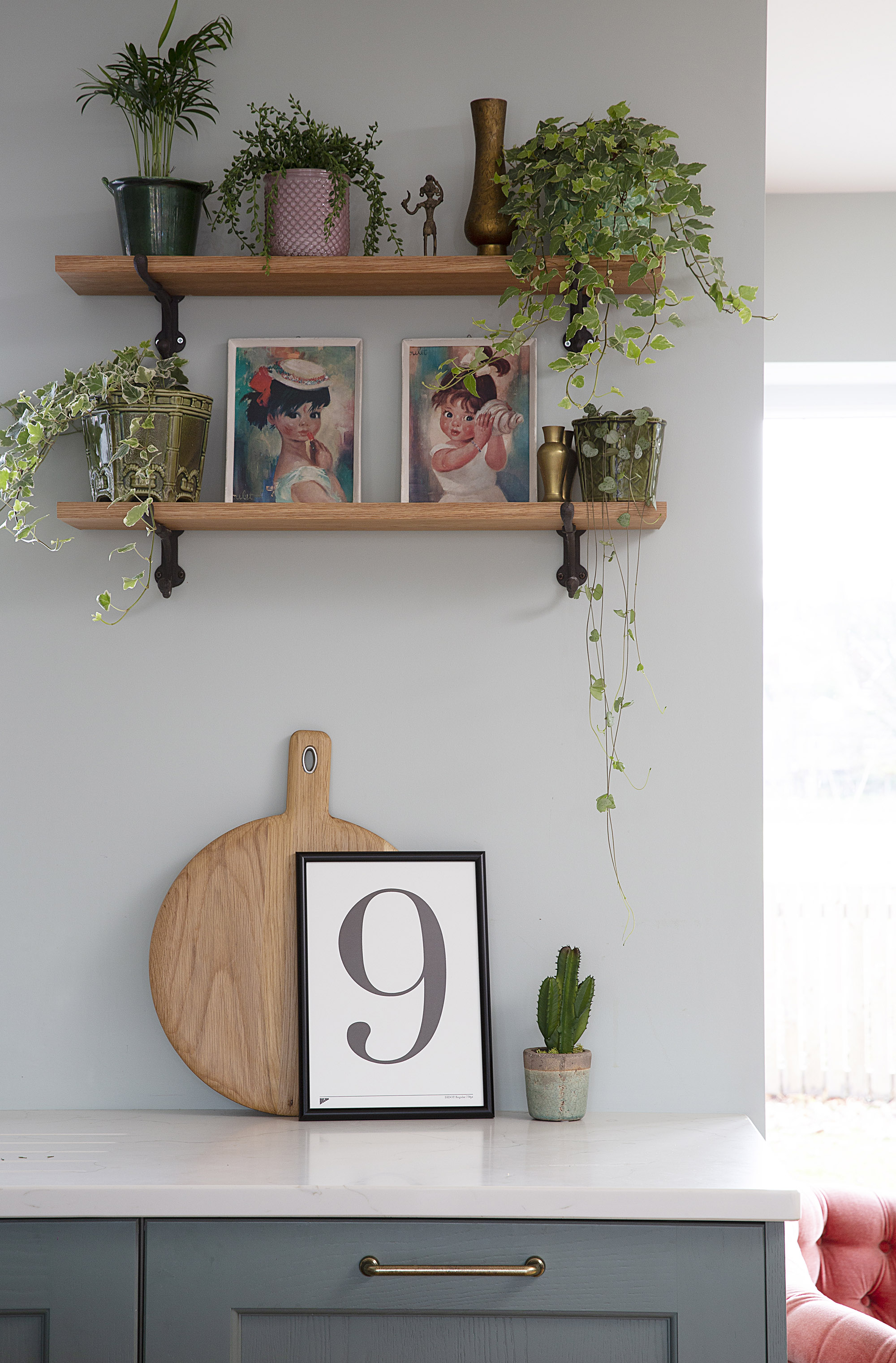
What with every day stresses and anxieties creeping in, headaches happen. Bringing more greenery indoors can help.
'Research has revealed that plants can help to remove benzene, trichloroethylene and formaldehyde from the air. Formaldehyde is a gas that is used in the production of leather and wood products, which is why its present in many indoor environments, it is a common cause of headaches due to the strong odours.'*
8. House plants help sooth anxiety
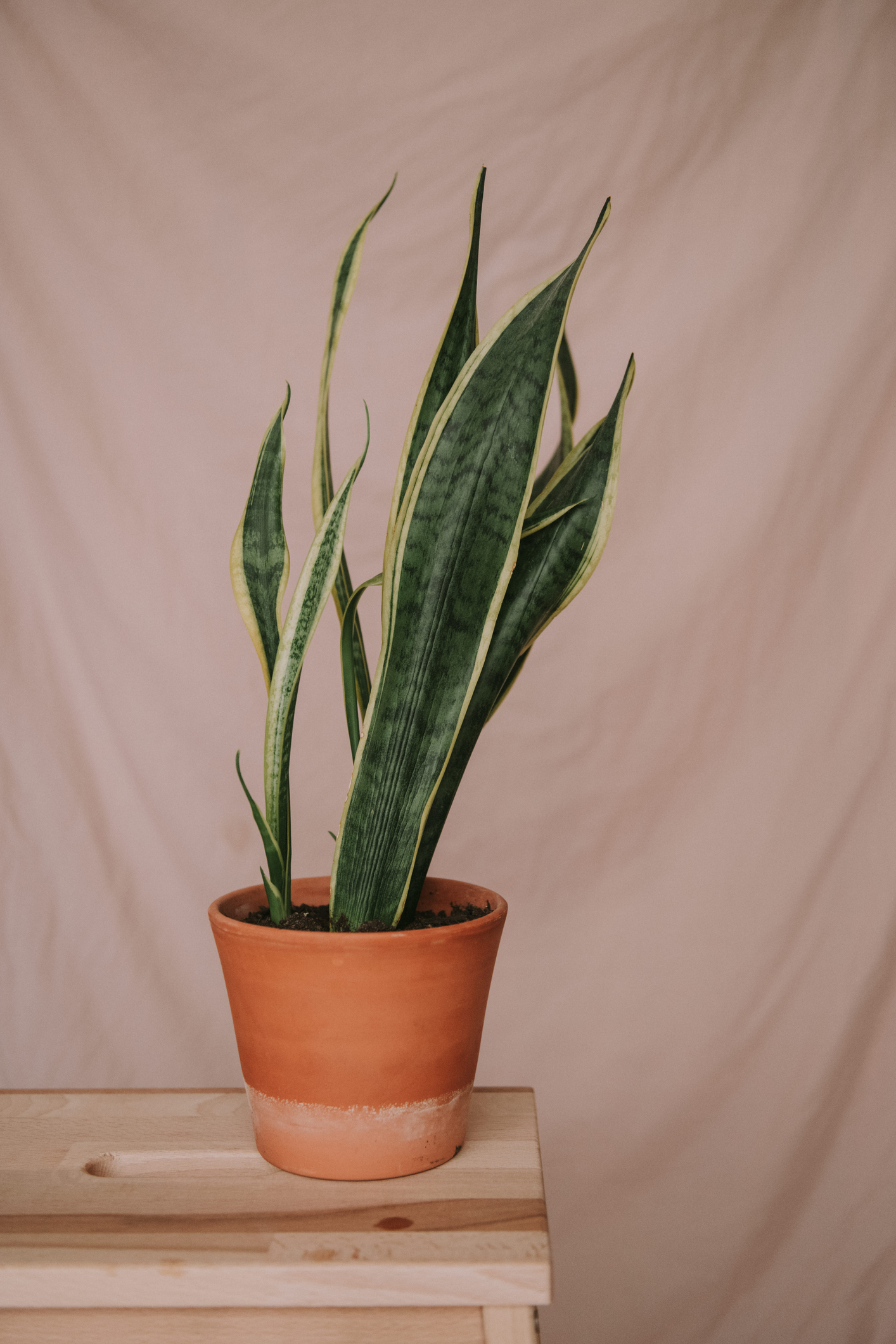
Delamere Health suggests the following house plants have positive effects on anxiety levels:
Aloe Vera
Aloe Vera is a plant synonymous with several health benefits and has a wide range of healing and medicinal properties.
The plant has anti-inflammatory, antibacterial and antioxidant properties, that help to treat wounds, burns, other skin conditions and when internally consumed it improves digestion.
While it’s best known for soothing the skin, Aloe Vera acts as a natural air purifier, reducing stress and anxiety symptoms by removing the harmful chemicals from the air.
Snake Plant
The snake plant is one of the most popular low maintenance houseplants, as they don’t require a lot of attention, making them perfect for beginners.
Research from NASA found that snake plants help improve indoor air quality by removing toxins such as formaldehyde and benzene, which help to reduce anxiety. Cleaner air means better sleep, which makes the snake plant a popular choice for the bedroom.
Lavender
Lavender is commonly used in aromatherapy, a holistic healing treatment that activates your smell receptors, which then transmit messages through your nervous symptom to your brain.
The floral fragrance from the plant is believed to help promote a sense of calmness and tranquillity, which effectively decreases anxiety and stress levels. Research uncovered that lavender oil is a useful remedy in improving sleep for those who had difficulty sleeping.
Jasmine
Jasmine plants not only look gorgeous and brighten up your home, but they are also great for improving your mental wellbeing.
Studies into jasmine found its properties increase blood oxygen saturation, breathing rate, and blood pressure. The research concluded that the stimulating effect caused by jasmine is useful in relieving depression and improving the overall mood of individuals.
Rosemary
Not only is rosemary a delicious addition to your cooking, but research has also shown that simply inhaling rosemary can make individuals feel less anxious, stressed and depressed. The properties in the plant can lower levels of the stress hormone cortisol in your blood.
Studies into the behaviour of participants' stress levels have confirmed these findings. A team of nursing students were provided with rosemary to inhale before a test, the researchers discovered that their use decreased by about 9%.
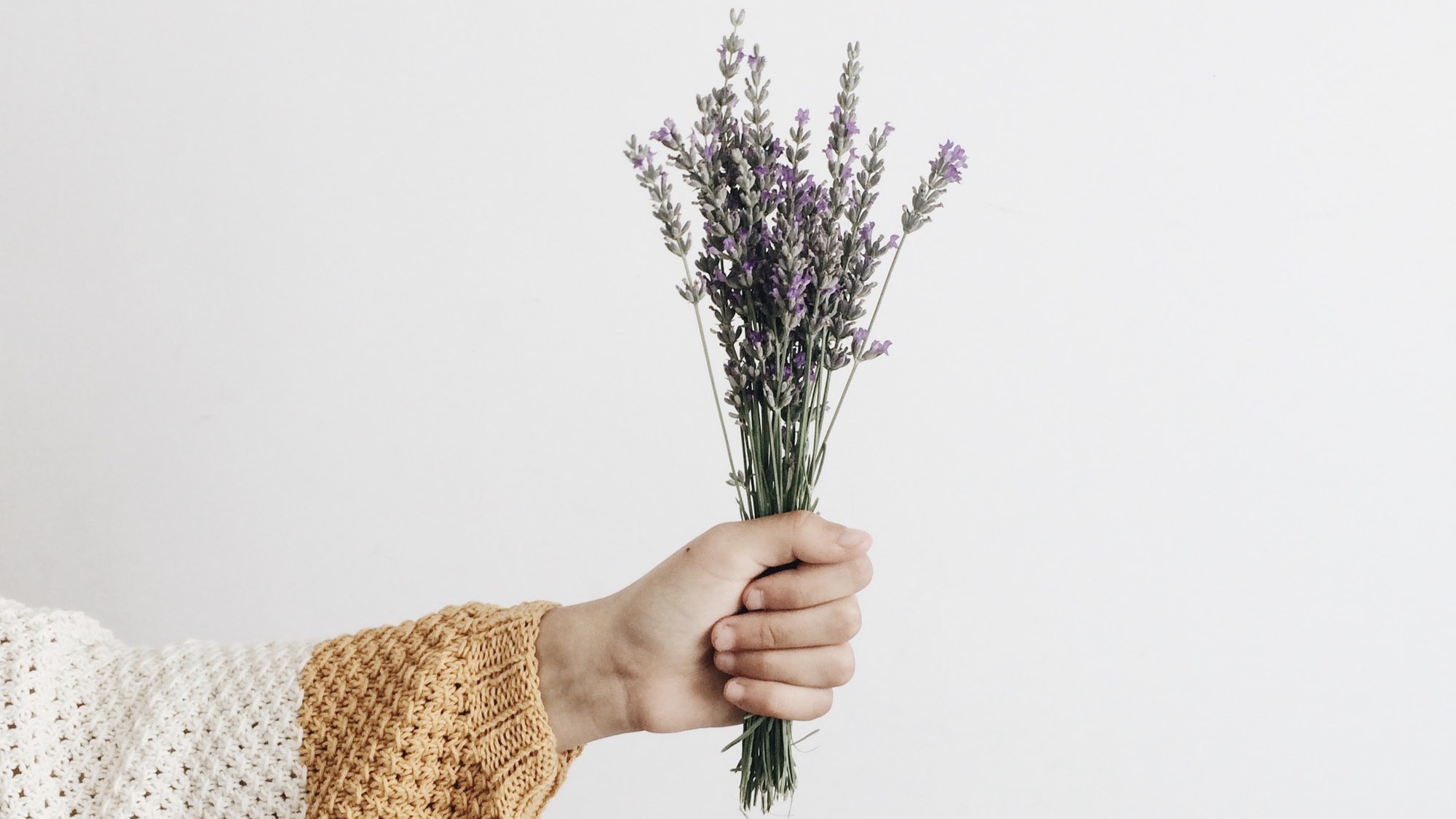
It's confirmed, house plants make you happy 🌿
Join our newsletter
Get small space home decor ideas, celeb inspiration, DIY tips and more, straight to your inbox!

I'm Cam, the former deputy editor of Real Homes who worked on the site from 2020 to 2023. As a renter myself, sharing a home with two friends (and my cat) in London, I know all too well the challenges that this can pose when it comes to creating your perfect setup. As someone who has always loved everything interior design-related, I cannot rest until a home feels right and I am really passionate about helping others get there too, no matter what their living situation, style, or budget may be. It’s not always the easiest to figure out, but the journey is fun and the results are so worth it.
After interior design, travel, art, and photography are my next big passions. When I’m not writing or editing homes content, I’m usually tapping into other creative outlets, exploring galleries in London or further afield, taking photos, scribbling, or drawing!
-
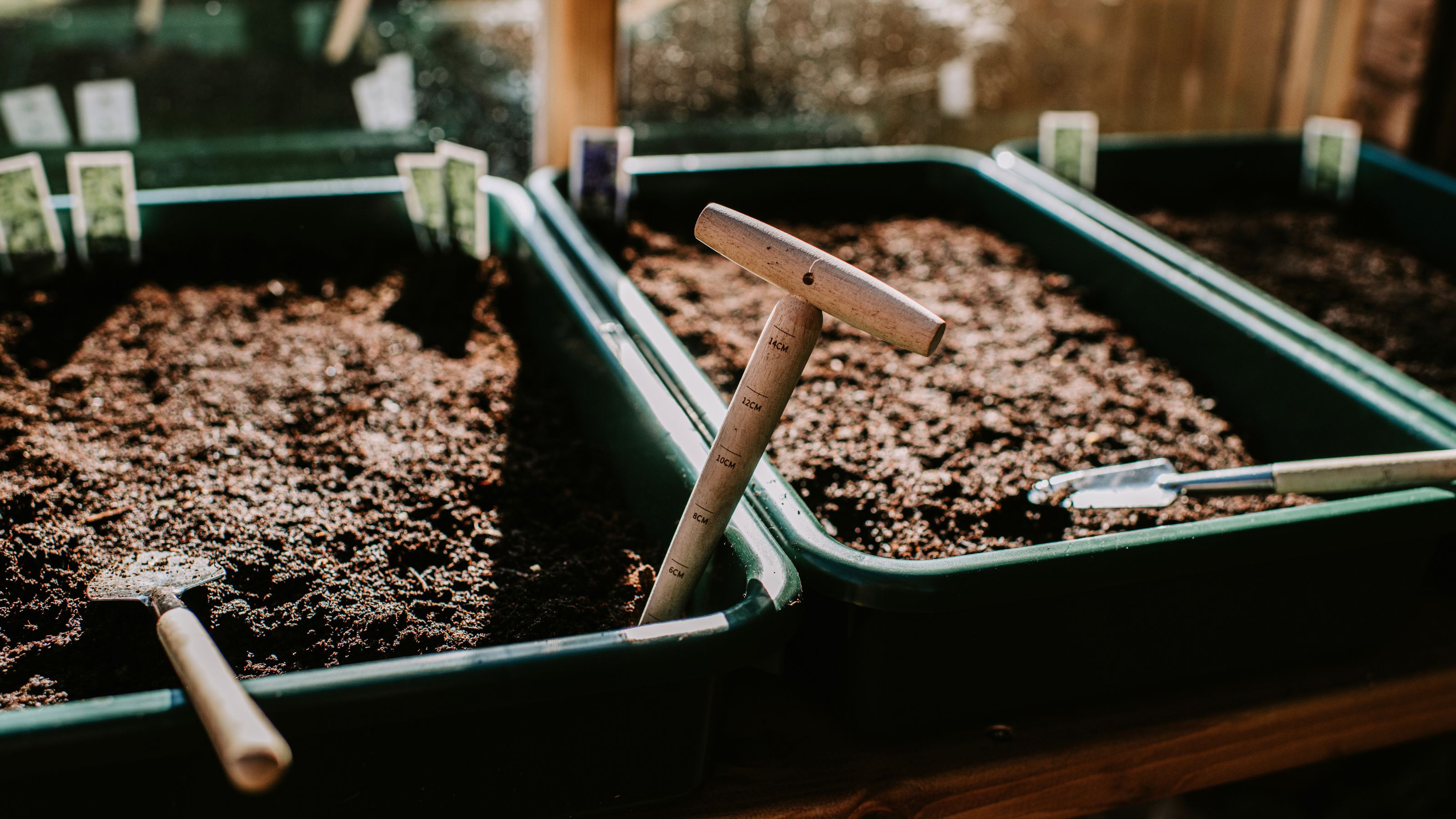 How to make compost — 8 easy steps gardening pros always use
How to make compost — 8 easy steps gardening pros always useLearn how to make compost at home in seven easy steps, whether you have a bin or want to create a compost heap. We've asked pros for their top tips
By Eve Smallman
-
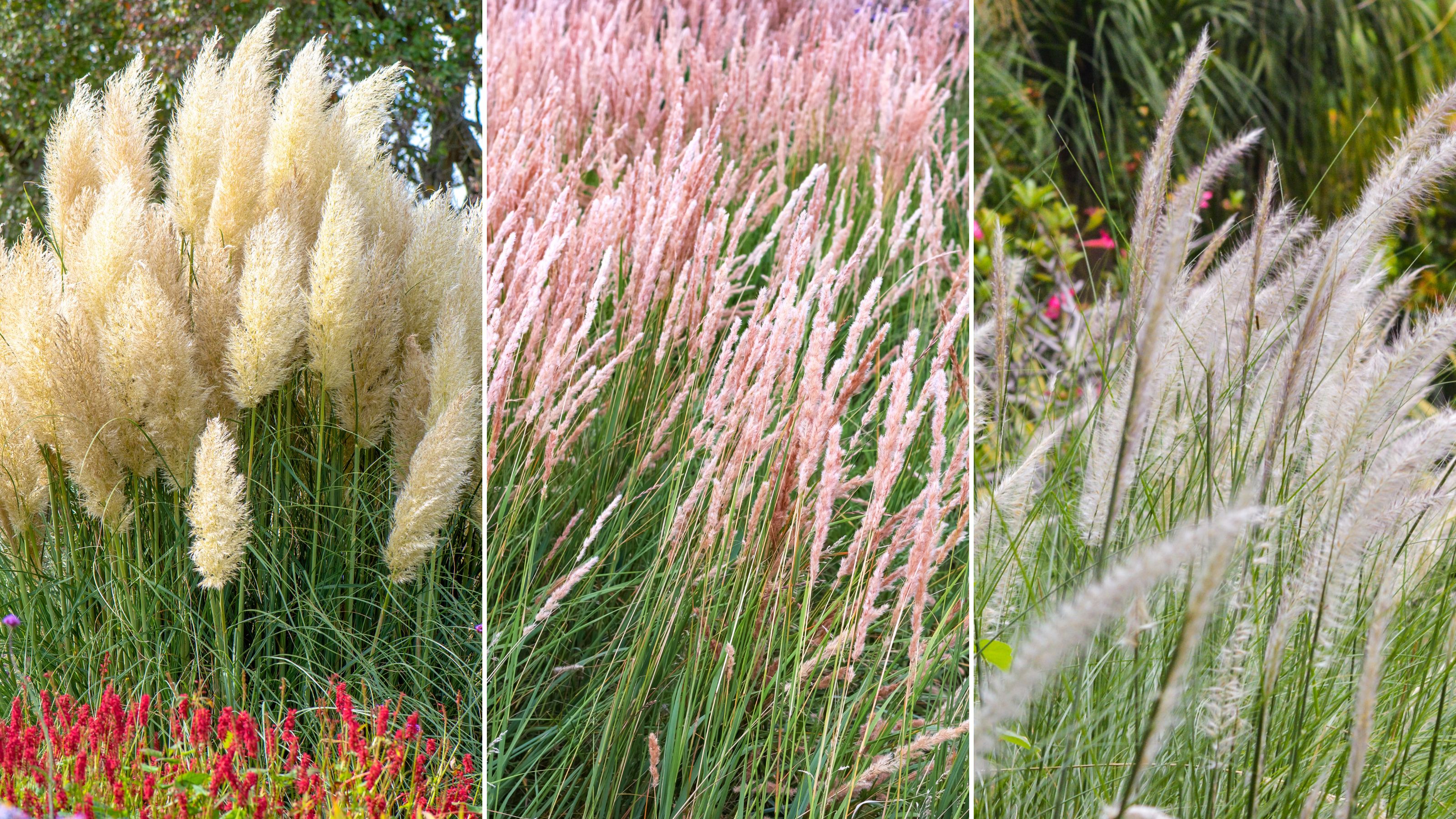 Planting ornamental grasses — the best types experts love and how to grow them
Planting ornamental grasses — the best types experts love and how to grow themWe've got you covered on planting ornamental grasses, speaking to experts about what ones to grow, how to grow them, and factors to consider
By Eve Smallman
-
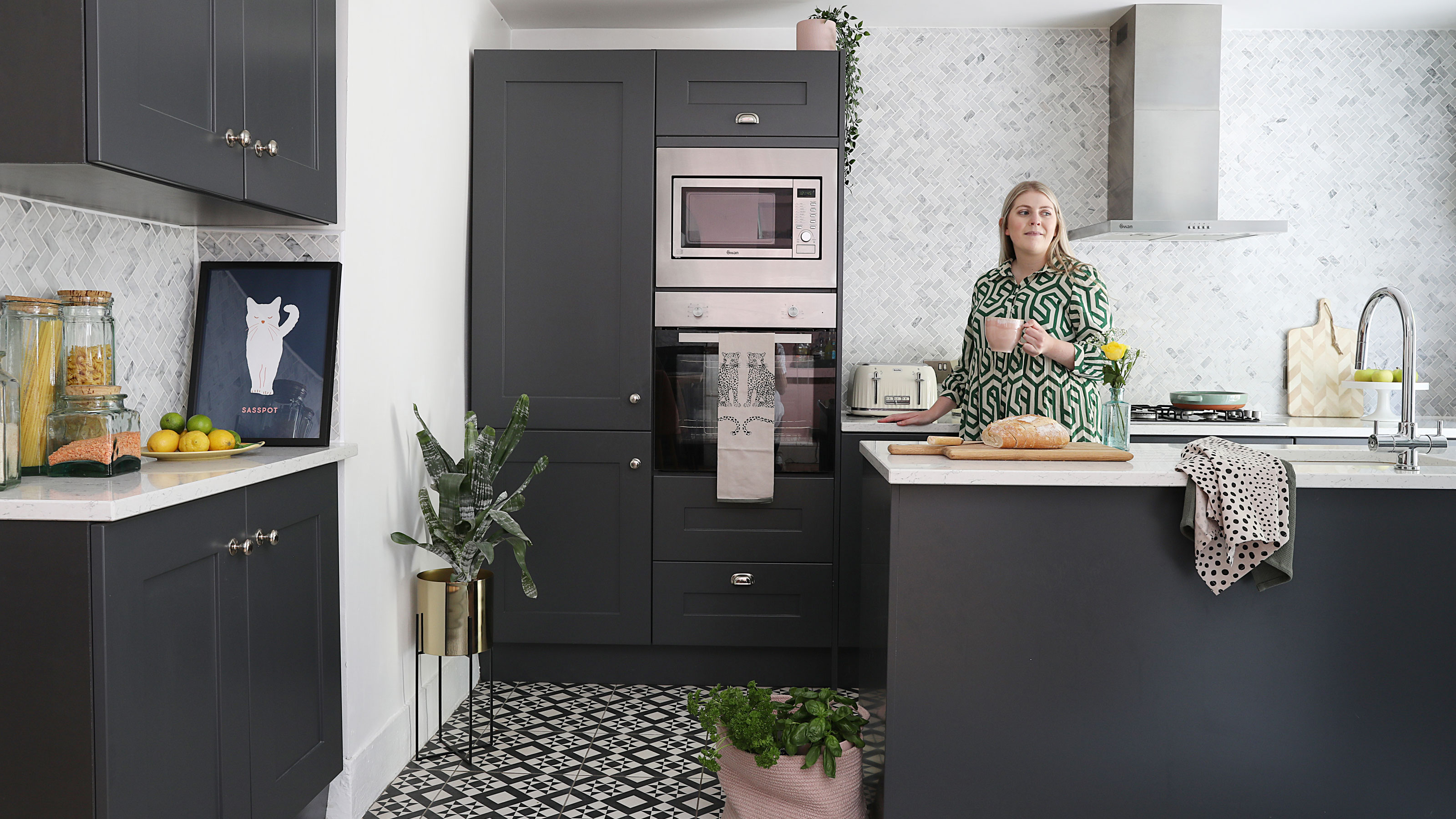 "Grotty" terrace is transformed with French flair and Ibiza vibes in the garden
"Grotty" terrace is transformed with French flair and Ibiza vibes in the gardenEsther Pillans' tired-looking Victorian terraced house was given a makeover with a touch of Parisian chic
By Ellen Finch
-
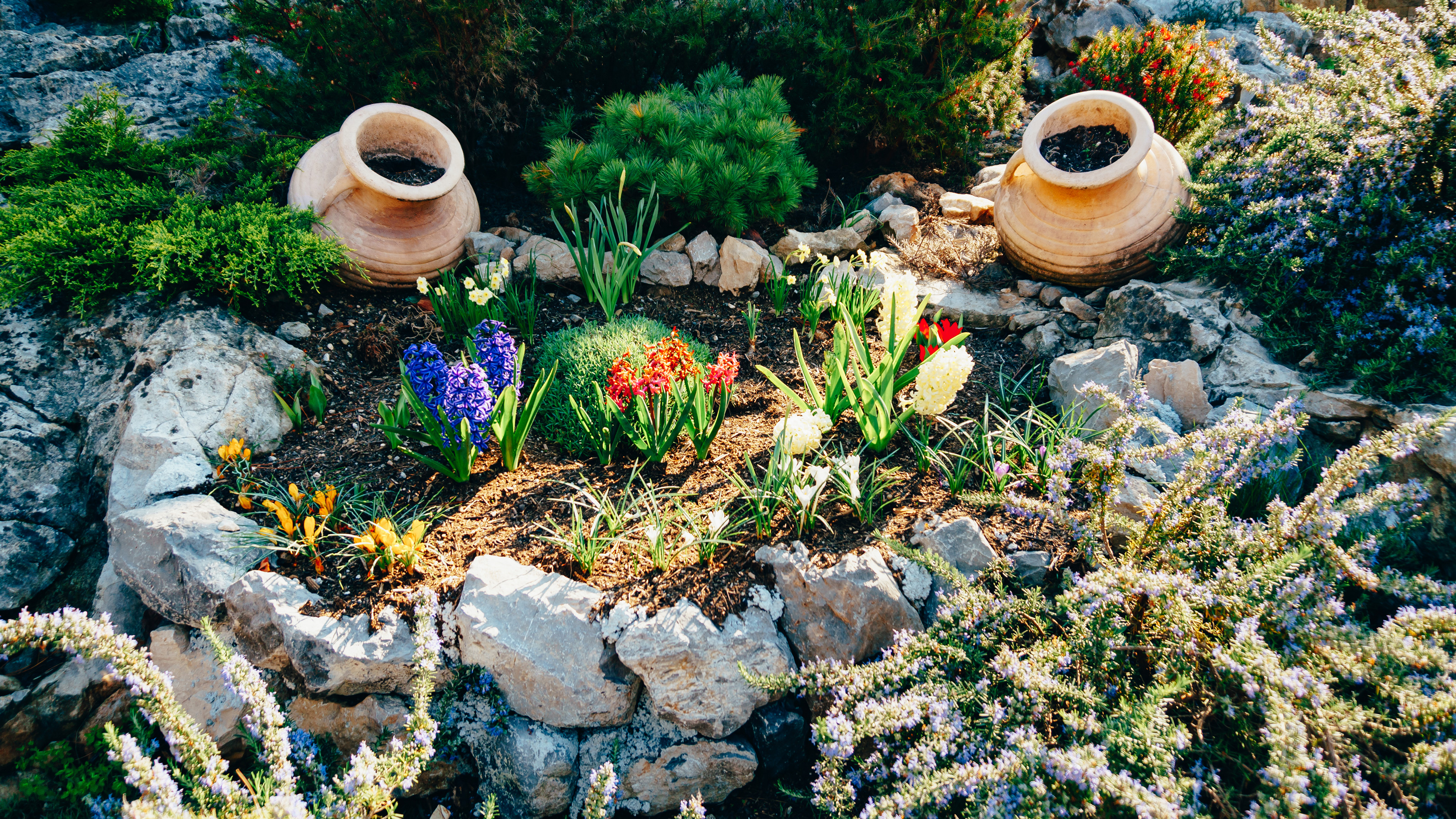 Rock garden ideas – 10 DIY ways to create a rockery
Rock garden ideas – 10 DIY ways to create a rockeryThese rock garden ideas are suitable for outdoor spaces big and small. Create your own rockery on a lawn or even on a balcony with just a few materials.
By Anna Cottrell
-
 Cabin fever? These chimineas will extend the life of your patio
Cabin fever? These chimineas will extend the life of your patioThis cold-weather season, cozy up to our favorite chimineas!
By Brittany Romano
-
 5 outdoor summer essentials to prove Society6 is your one-stop-shop this season
5 outdoor summer essentials to prove Society6 is your one-stop-shop this seasonCheck off all of your outdoor summer essentials by shopping exclusively at Society6.
By Brittany Romano
-
 The first-ever Etsy outdoor sale is happening now, and we're buying these 5 items
The first-ever Etsy outdoor sale is happening now, and we're buying these 5 itemsFor a limited time, this Etsy outdoor sale will give your backyard the facelift it needs — at a fraction of the cost.
By Brittany Romano
-
 Baseball’s greatest rivalry heats up — literally, with MLB and Le Creuset collaboration
Baseball’s greatest rivalry heats up — literally, with MLB and Le Creuset collaborationLe Creuset cooks up a new type of rivalry between the New York Yankees and the Boston Red Sox
By Brittany Romano